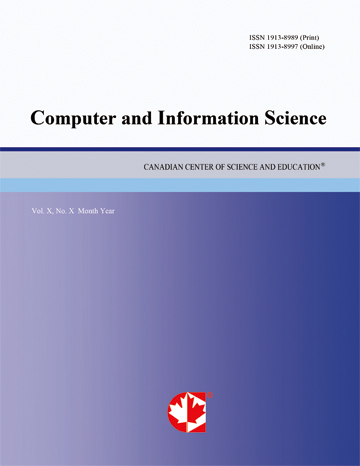Intrusion Detection in Agent-Based Virtual Knowledge Communities
- Gabriel Ogunleye
- ADEWALE OGUNDE
Abstract
Virtual Knowledge Communities (VKC) are current popular media on the internet through which the access and sharing of knowledge and information among communities of similar interest groups are made possible. Agent’s technologies are presently being deployed to facilitate the success of VKC, which is a virtual place where knowledge agents can meet, communicate and interact among themselves. Recently, quite a number of works have been done on agent-based knowledge communities but most of these works have not actually considered the possibilities of intrusion and the consequences of these malicious attacks on those systems. This paper therefore addresses the issue of intrusion detection problems in the sharing of knowledge in virtual knowledge communities. Intelligent agents are proposed as measures to guide against any spy or intruder into the VKC. The method proposed shows potential evidences of promising results.
- Full Text:
 PDF
PDF
- DOI:10.5539/cis.v3n3p203
Journal Metrics
WJCI (2022): 0.636
Impact Factor 2022 (by WJCI): 0.419
h-index (January 2024): 43
i10-index (January 2024): 193
h5-index (January 2024): N/A
h5-median(January 2024): N/A
( The data was calculated based on Google Scholar Citations. Click Here to Learn More. )
Index
- BASE (Bielefeld Academic Search Engine)
- CNKI Scholar
- CrossRef
- DBLP (2008-2019)
- EuroPub Database
- Excellence in Research for Australia (ERA)
- Genamics JournalSeek
- GETIT@YALE (Yale University Library)
- Google Scholar
- Harvard Library
- Infotrieve
- Mendeley
- Open policy finder
- ResearchGate
- Scilit
- The Keepers Registry
- UCR Library
- WJCI Report
- WorldCat
Contact
- Chris LeeEditorial Assistant
- cis@ccsenet.org
